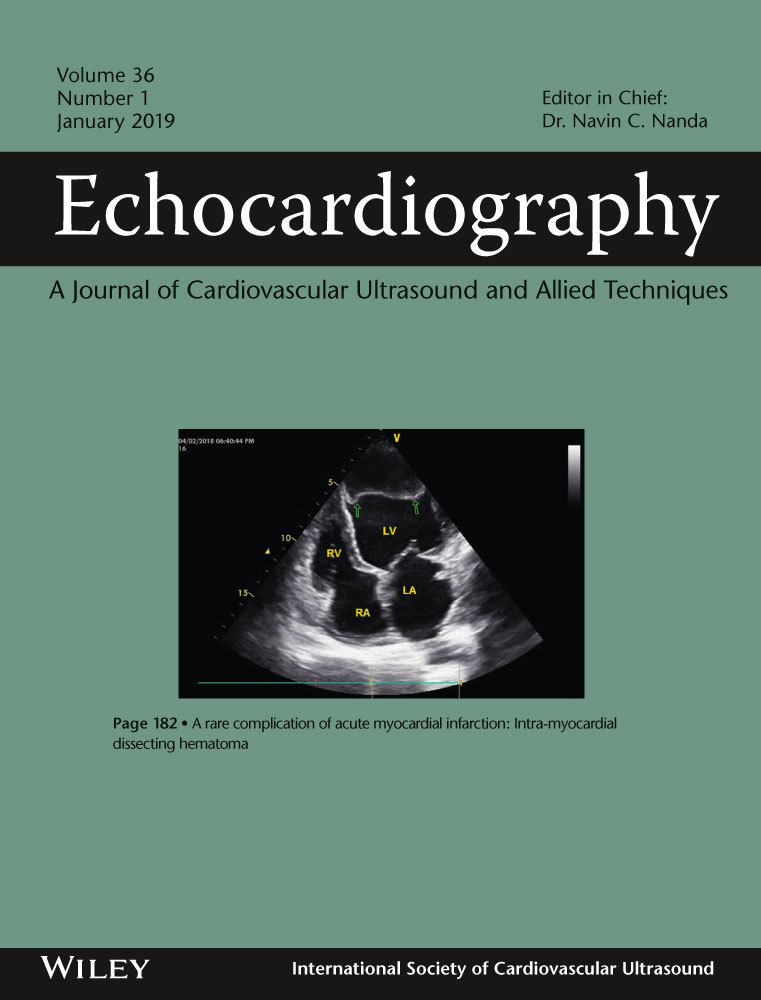Renal dysfunction in Takotsubo syndrome—role of segmental left ventricle strain analysis
Abstract
Background
Takotsubo syndrome (TTS) is a peculiar clinical condition often resembling an acute coronary syndrome and mostly affecting postmenopausal women. We sought to describe the prevalence of acute kidney injury and acute renal failure in TTS patients during index event and assess the usefulness of speckle tracking echocardiography in predicting subjects at risk of developing acute kidney insult.
Methods
We conducted a retrospective descriptive study reviewing study with the discharge diagnosis of TTS between 2003-2016 at our Institution. One hundred and two patients met the Modified Mayo Clinic. Acute kidney injury (AKI) was defined as an increment of serum creatinine 2 times greater than baseline and/or at least 50% reduction in baseline eGFR. Acute renal failure (ARF) was defined as an increment of serum creatinine 3 times greater than baseline and/or at least 75% reduction in baseline eGFR as per RIFLE Classification.
Results
AKI/ARF patients had longer length of stay (24 vs 10 days, P = 0.02), had higher mean peak troponin (16.7 ng/mL vs 3.2, P < 0.05) and later peak creatinine day (10 vs 3, P < 0.05). LV Longitudinal strain in the basal segment and apex upon admission was significantly worse in the AKI/ARF group (−4.7 and −6.5, respectively, vs −8.6 and −9.1 in the non-AKI/ARF group, P < 0.05).
Conclusions
One in every 10 TTS patients may develop AKI/ARF during the acute episode. Segmental longitudinal strain by speckle tracking may have important prognostic value in identifying TTS patients at risk of developing AKI/ARF.




